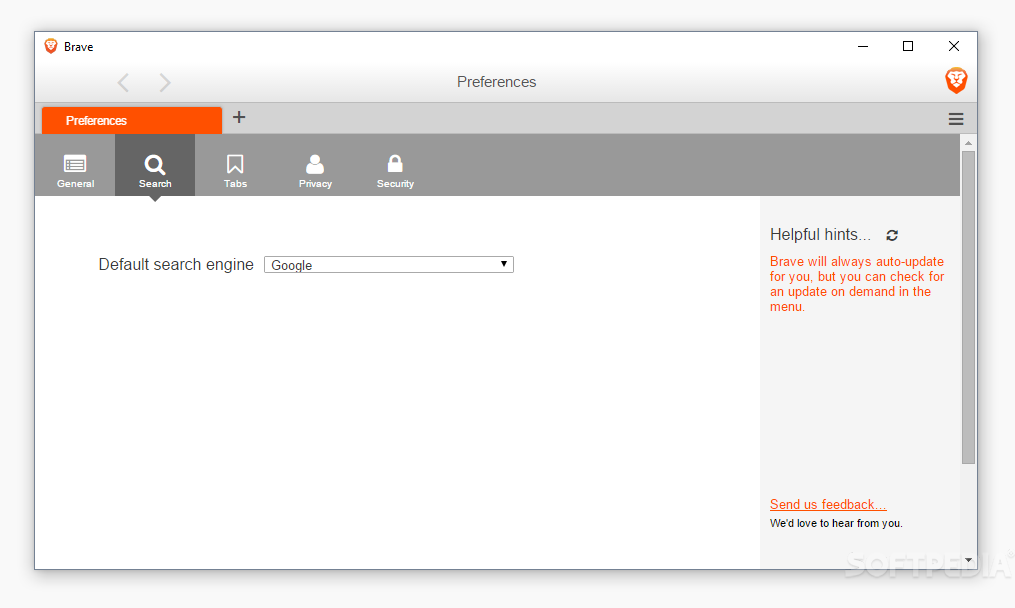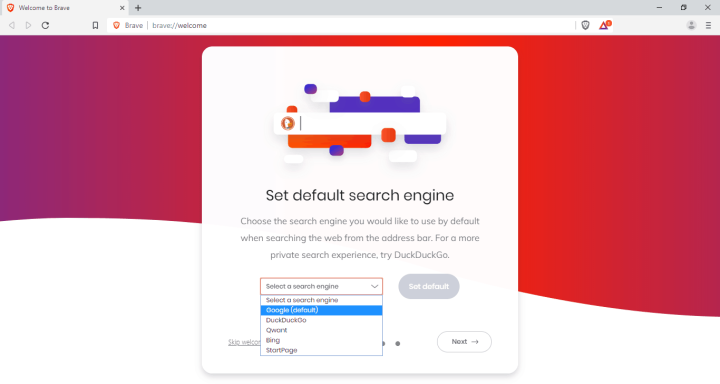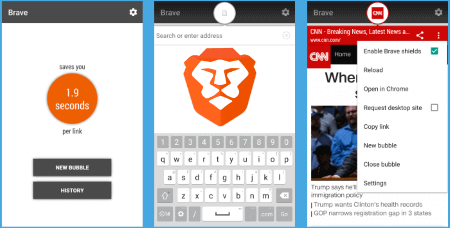
These private windows tell your browser not to store any information from that particular browsing session.

Since Chrome first introduced Incognito mode, almost every browser has launched a similar feature. What’s Incognito mode, and how does it work? So it’s common to find the most private browser is also the most secure browser, and vice versa.

Of course, many of the measures that increase security also give you better privacy.

A private browser might try to anonymize your profile online, or even use a built-in Virtual Private Network (VPN) to hide your geographical location and encrypt your connection. Privacy, by contrast, deals primarily with protecting your data. Security mainly refers to technical aspects of browser operation, like issuing updates to stay on top of emerging viruses and malware, or upgrading website connections from HTTP to HTTPS. While browser security and privacy are technically different, they go hand-in-hand. Security and privacy: How are they different in browsers? For example, it might hide your IP address, or block phishing, cross-site cookies, and fingerprinting, all of which can slow (or stop) Big Tech’s attempts to monitor your online activity. It also blocks third-party trackers and ads that collect your personal information to deliver targeted advertising.Īlso called a “safe browser” or “privacy browser,” a truly secure browser will integrate data protection mechanisms.

What makes a secure browser?Ī secure browser does much more than hide your browsing history. In this article, we’ll define what makes a secure browser, and look at some of the best secure browsers. The most popular browsers (like Google Chrome or Microsoft Edge) are built to collect data, not protect it. But while this is a big, complex problem, there’s an easy way to safeguard your data: by looking more closely at your browser. You’ve seen the news: Big Tech companies collect your data, trade it, sell it, and lose it to security breaches almost every day.


 0 kommentar(er)
0 kommentar(er)
